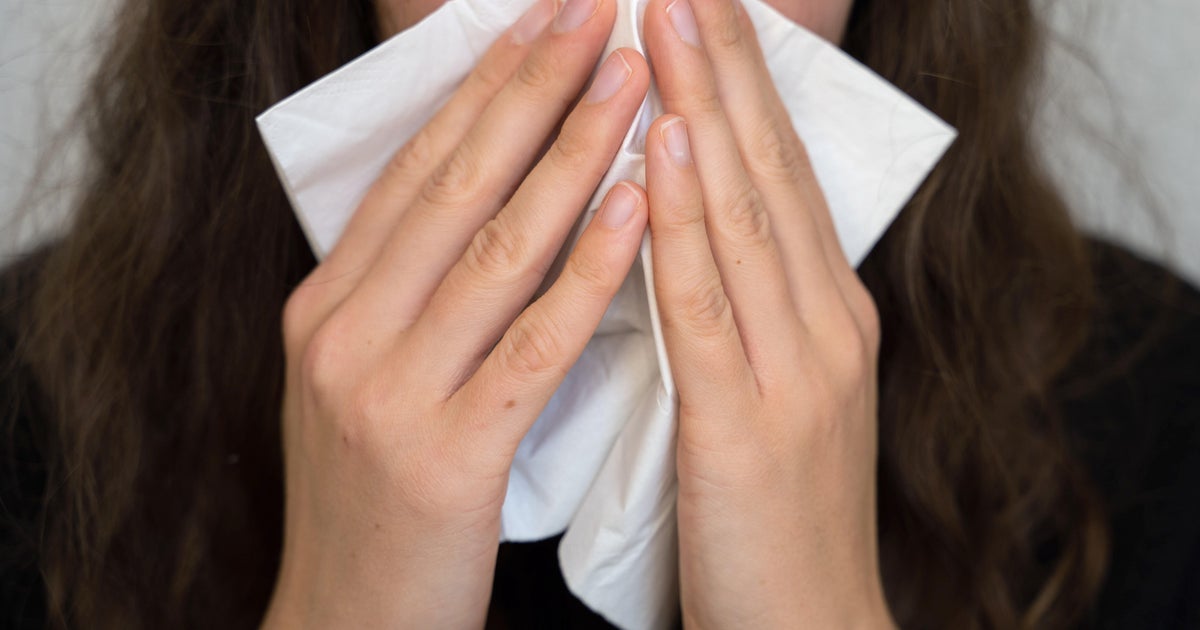How Can I Prevent Coronavirus? Should I Wear A Mask? And Other Questions
BOSTON (CBS) - The Centers for Disease control has cautioned that, based on current patterns, coronavirus is likely to become a global pandemic. With no approved vaccine or medication to treat it, that could ultimately result in overloaded healthcare systems.
What is a pandemic?
Simply put, a pandemic is a global, widespread outbreak of a new illness. Because it is new, people don't have the ability to fight it and can be easily infected. The last pandemic to widely affect the United States was H1N1 flu in 2009. The worst pandemic in history was the Spanish flu outbreak in 1918 which killed 50 million people worldwide.
What is the risk in Massachusetts?
The Massachusetts Department of Public Health indicated that the risk of coronavirus for Massachusetts residents remains low. As of February 25, only one case of coronavirus was diagnosed in the state: a student at UMass Boston who travelled to Wuhan, China. There has been no known person-to-person spread of the virus in the state.
What are the symptoms of coronavirus?
The symptoms of coronavirus sound much like the symptoms of other viruses - they include a fever, cough, and respiratory symptoms like shortness of breath. Some patients have had mild symptoms, while the illness has been severe in others, including causing death. It is important not to panic if you have these symptoms, as the risk of exposure, locally, is low. Call your doctor, who can assess whether you need to be seen.
How is it spread?
Coronavirus is spread person-to-person or by touching infected surfaces. When an infected person coughs or sneezes, tiny droplets can infect surfaces or be inhaled by others. If you touch an infected surface and then touch your own mouth or eyes, you could be exposed. Experts says it's possible that an infected person could be spreading the illness, unknowingly, for days before symptoms appear.
What precautions can I take?
The steps you can take to prevent coronavirus are the same as preventing things like the flu and common cold. Avoid close contact with sick people; wash your hands frequently – especially before eating or after coughing or sneezing; disinfect surfaces that are frequently touched by multiple people; and avoid touching your mouth, nose and eyes.
Currently, the CDC is not recommending facemasks for healthy people.
Is traveling safe?
There are a handful of countries that the United States is recommending people avoid. They include China and South Korea. Italy, Iran, and Japan also have sizable coronavirus outbreaks. The CDC recommends that older adults or people with chronic medical conditions avoid travelling to those countries. That list is being updated on the CDC website as needed.
What's being done to stop the spread of coronavirus?
One of the strongest tools in prevention is awareness. The first line of defense is you. The more people who wash their hands and cover their mouths when they cough, the better.
U.S. citizens who have visited China are being funneled through specific airports where screening will take place. Those people will also face restrictions about where they can go, depending on where specifically they visited and the results of their screening.







